Three Snapshots on the Way Down
Edgardo Cozarinsky
translated by the author
1. “Il vecchio non trova pace”
What’s that you’re saying, I am about to snap at the barman with my coldest voice and a killer look, when I realize he wasn’t staring at me but at another old man, maybe younger than me, who knows, but who showed those signs of senectitude I take care not to offer to the perfidious onlooker—head bowed, definitively defeated, trying to follow the spasmodic shaking of a blonde on the dance floor.
And how could he find peace, il vecchio, who knows how much champagne he has already bought her, and how much else if this is not their first time, and of course the blonde is deep inside herself, shaking and shaking for nobody, no one, two, or four, not caring who is in front of her, possessed by In a Gadda da Vida, imagine a DJ choosing that half a century later, I danced to it in Buenos Aires in my prehistory.
And me, alone, but on my own two feet at least, and proud of it, not crumpled and crumbling on a stool like il vecchio in this shitty bar in Rome, if only it were in the centro storico or in Trastevere, but I am in Parioli, in a hangout for the jeunesse dorée, I wonder if people still call them that, I can smell them from far off, here or in Buenos Aires at 878 or the Rond Point, children of the well-off or of advertising.
But at some point I understand that il vecchio is just a warning, I didn’t need the barman’s stare, il vecchio is the image of everything I am postponing, what I cannot deny—of acting my age, of thinking I can approach my prey and set the process in motion without her seeing me like someone who’s already agreed to pay, in the best of all possible worlds a funny guy good for a moment’s talk, no more.
I believe each man chooses his own madness, I never doubted it, and there are nights when my impression of Corsini comes off rather well—“Keep my glass filled, dear bartender.”
*
2. The magic fades
She says she feels better with me than with anybody else, but at a certain point in the evening she leaves the table to smoke a cigarette, she says, I don’t trust her and wait two, three minutes before I follow her and find her talking on her cell phone, I’m sure it’s with the Monster with Herpes, a horrible boyfriend I’ve never seen but whom I’ve Googled, figuring his notoriety in the media might have earned him a photograph on the Web, and there he was, young of course, with a sly look, a resentful smile, fashionable hair.
It’s not that, she says, I was talking to a friend who is about to give birth, forgetting that half an hour earlier she was telling me she couldn’t stand how she talked about her water breaking all the time, and also who would call a woman about to deliver after midnight. I wonder if she knows I know she’s lying, but maybe she doesn’t mind, whatever, she says, knowing silence is richer and lets me imagine more, worse things.
She asks me to close my eyes, I obey, not really trusting her, and she puts a finger to my lips, I bite it, it tastes bitter and I realize she’s spread MDMA on it, I suck it and when there’s nothing left I tell her she’s crazy, that she should have put the MDMA on her pussy, where I’d love to lick it off her, my little dulce-de-leche pussy, I always called her. Not tonight she says, she just wants me to relax and put aside this ridiculous jealousy, but right then her cell phone rings again, and she’s about to answer when I take it from her hand, throw it on the sidewalk, and step on it.
You brute, she says, give me money for another phone and say goodbye to the dulce-de-leche, I’m already forgetting you, I never told you I felt better with you than with other men, you made it all up, you phony jerk-off, give me the money right now or I’ll start to scream.
I do not speak right away. I dig around in my pocket for a five-peso bill and throw it at her feet, go to a payphone and call him, if you’re lucky he’ll give you herpes, and I walk away. She follows me, discharging her fists on my head, my shoulders, a policeman stares at us, what can you do, I say, they’re wild this summer, and he smiles, I smile, and she gets tired and starts to cry.
*
3. January foreboding
It’s January 15th and very hot in Buenos Aires, but I can already feel the days growing shorter, at 8:30 the sky goes from light blue to deep blue to grey to black, it doesn’t hold on to its brightness like on glorious December 21st, the longest day of the year in this southern hemisphere it took me so long to love again after the ridiculous distance I put between us.
It is January in Buenos Aires and the city is not deserted but free from the rush and bad temper of the rest of the year, that’s why I like to keep this month to enjoy while the crowds are off packing the beaches and dirtying the sea. To walk the city. To give it a good look. To be silent.
This January I am drinking white wine again, after years of avoiding it precisely because for years I drank too much of it, now it keeps me company, fresh, dry in this heat that promises a little fresh air for later, when a lazy breeze starts moving the leaves on the trees on this corner, ever so softly.
I sit at the same sidewalk café table as in other Januaries, my shelter on this corner. This year, shorts are back in fashion, and there is no end to the parade of hard, proud, defiant buttocks. The waiter bringing my glass of white remarks, Did you catch that? Impossible to take your eyes off them… And it looks like rain today—the catwalk is not at its best.
I know summer will be over before long and the benign autumn of these latitudes will arrive without cold but with its decaying light, and it will be like age, which doesn’t seem to hurt but still robs us of that other light, the one we know we will not find again. (Gustavo Adolfo Becquer, of course. Who else?)
* *
Image: Christos Katsiaouni
[ + bar ]
Andrea Durlacher
Andrea Durlacher Translated by Anna Rosenwong
It’s something no one regrets.
Menacing rituals arrive like an avalanche
and social norms.
Their arrival scares off any afternoon idle.
Shut the doors.
We’re cast down defeated... Read More »
Trees at Night
Ramiro Sanchiz Translated by Audrey Hall
On the outskirts of Punta de Piedra, there is a bar a good distance beyond the last line of houses. From the untidy... Read More »
Junot Díaz: “We exist in a constant state of translation. We just don’t like it.”
Interview by Karen Cresci
Read More »Marina Mariasch
translated by Jennifer Croft
HOW WILL TERROR TAKE ROOT IN THE FUTURE?
We jump right in, head first. The beginning is incredible. Halfway through is incredible. You quit smoking. We do the... Read More »
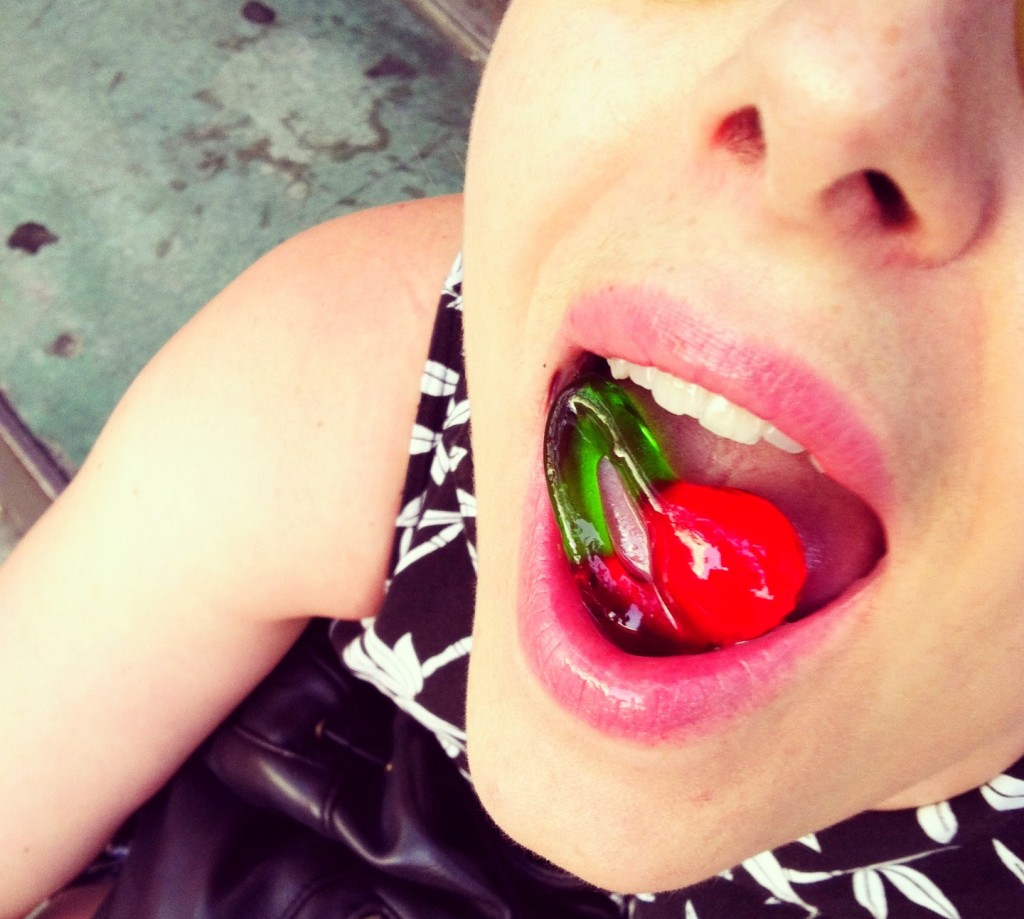
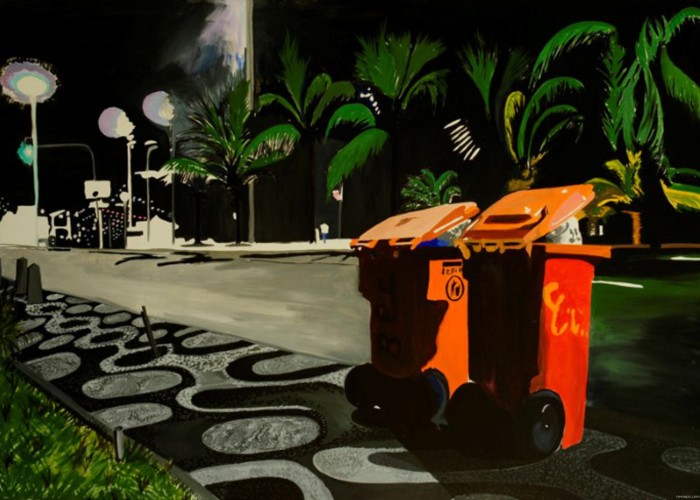
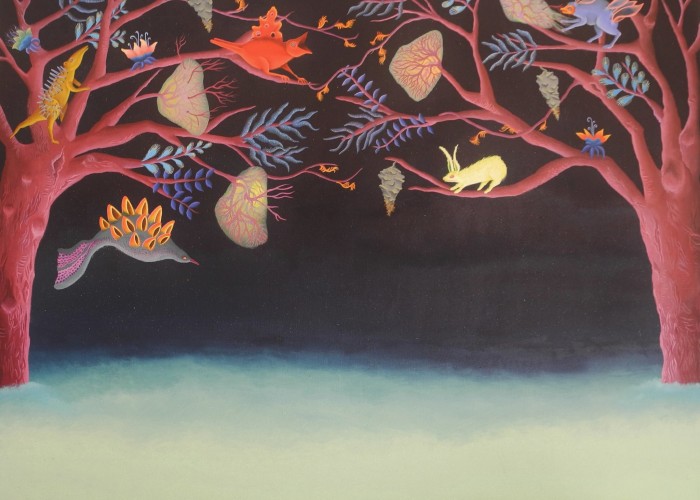
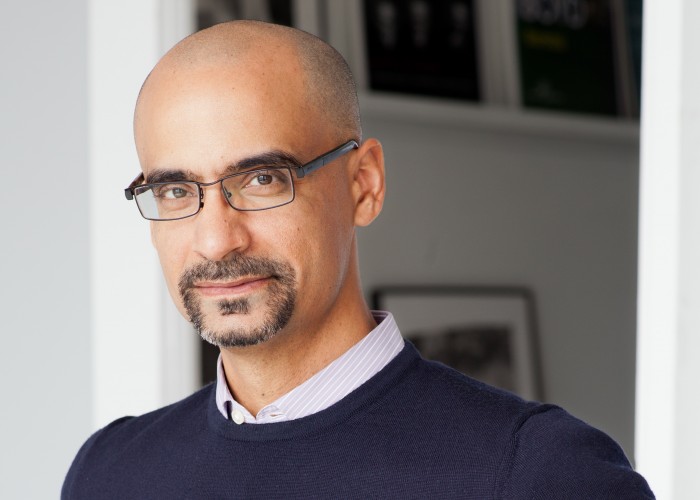
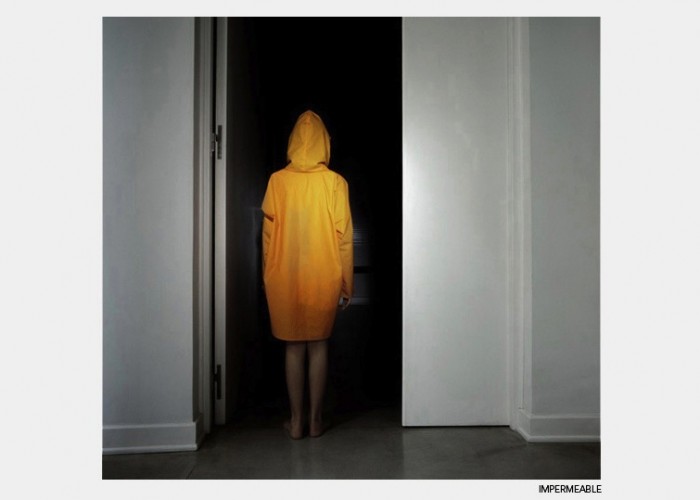



 sending...
sending...